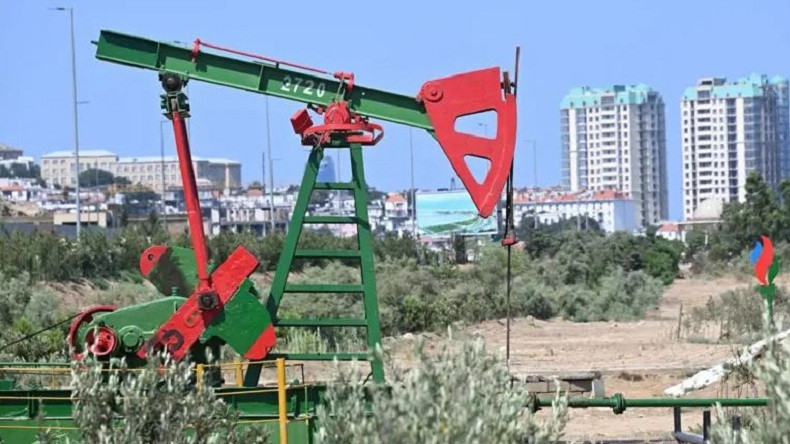
COP29 host Azerbaijan accused of crackdown on environmental activists
The Azerbaijani government is using COP29 to crack down on environmental activists and other political opponents, according to human rights groups.
This is the third year in a row a country hosting the climate summit has been accused of oppression and curtailing the legal right to protest, BBC News reports.
Climate Action Network, a group of nearly 2,000 climate groups, told BBC News the protection of civil society is crucial if countries want to see progress on climate change.
The Azerbaijani government rejects the claims and says the government holds no political prisoners.
Global leaders are currently meeting in Azerbaijan to discuss solutions to a warming planet. But rights organisations have called for a review of how countries are selected to host the climate summit after what they say is a worrying increase in the number of environmental prisoners of conscience in Azerbaijan.
Natalia Nozadze from Amnesty International told BBC News that since Azerbaijan was announced as the host country for COP29 in November last year it has become harder to oppose the government.
“We've seen a dramatic increase in arrests and clamp down on all issues that the government may perceive critical or contrary to its political agenda,” she said.
For the first time since the early 2000s the number of political prisoners - including journalists, environmental activists and political opponents - has reached more than 300, according to The Union "For Freedom of Political Prisoners in Azerbaijan”.
Gubad Ibadoglu, a 53-year old professor at London university LSE, researches Azerbaijan's oil and gas sectors and environmental issues but in summer 2023 he was arrested on charges of fraud.
More than a year later he remains under house arrest. Human Rights Watch called the charges “dubious” and Gubad Ibadoglu's daughter has appealed to UK Prime Minister Sir Keir Starmer for help in getting her father released.
"I think it is one of the rules of the authoritarian government, to arrest, to detain the people who have the power to impact opinion," Mr Ibadoglu told the BBC in an interview this week.
He says his life is in danger due to health reasons.
Anar Mammadli was arrested in April on charges of smuggling, just two months after he co-founded an organisation calling for the Azerbaijani government to do more to align with the Paris agreement - a major international treaty on cutting fossil fuel emissions.
Environmental activists want Azerbaijan to reduce its reliance on oil and gas, which finance around 60% of the government's budget.
But in January it was revealed Azerbaijan is planning on expanding production of natural gas - a fossil fuel - over the next decade, and on Tuesday President Ilham Aliyev told the COP29 climate conference that oil and gas are a "gift of god".
“COP29 - which was meant to be an open and inclusive platform for climate action - is shaping up to be anything but,” a close friend of Mr Mammadli, Bashir Suleymanli, told the BBC.
“Civil society groups that should be playing a crucial role in holding governments accountable have been sidelined or repressed,” he said.
The United Arab Emirates and Egypt who hosted previous COP climate summits faced similar criticisms for their treatment of civil society groups.
“I think it's a big mistake for countries - like Azerbaijan or United Arab Emirates or Egypt - who systematically violate human rights, to be accepted as eligible host countries,” said Azerbaijani journalist and environmental campaigner Emin Huseynov.
“President Aliyev isn’t connected with climate change, but he's looking for COP29 as a unique opportunity to whitewash and greenwash himself, his toxic image,” he said.